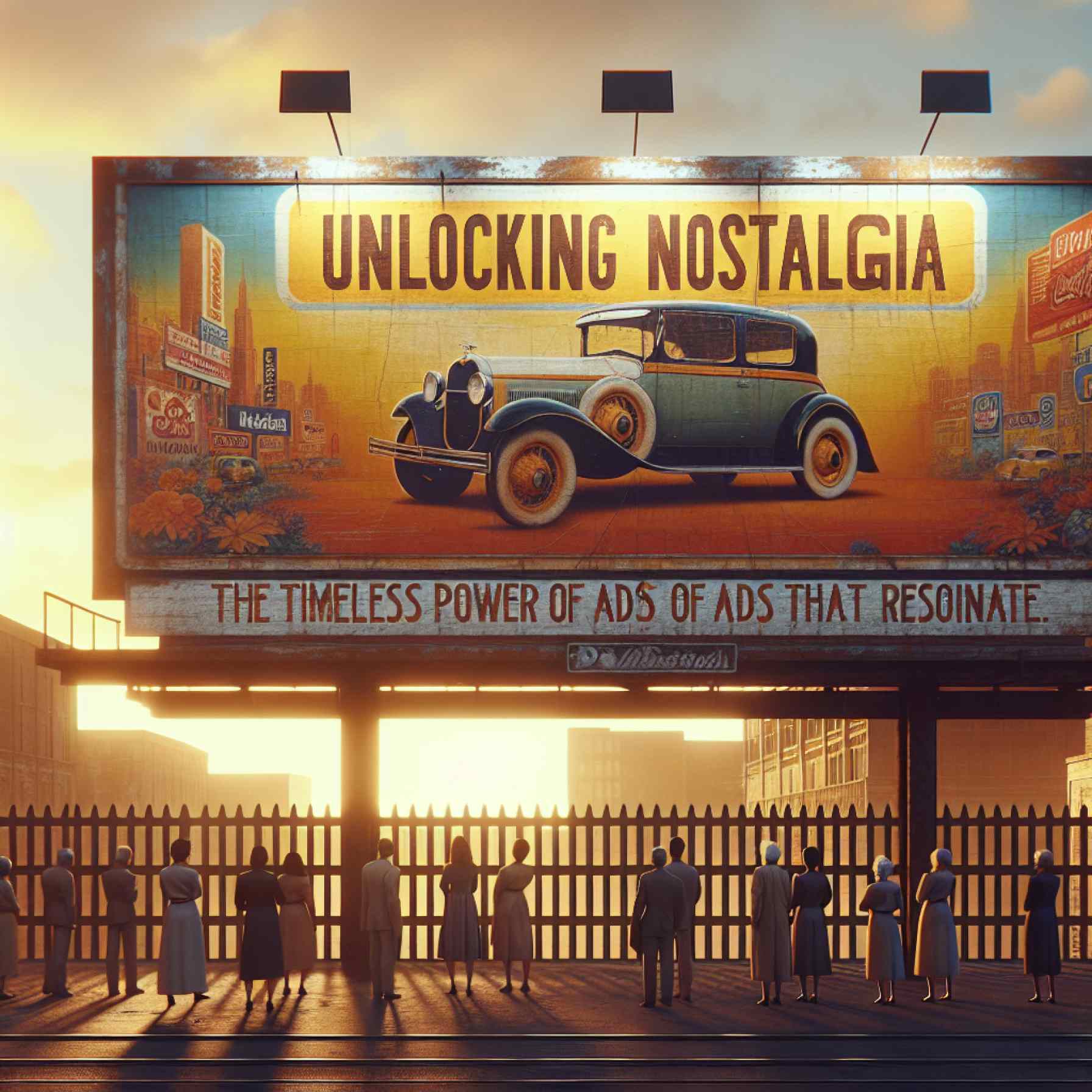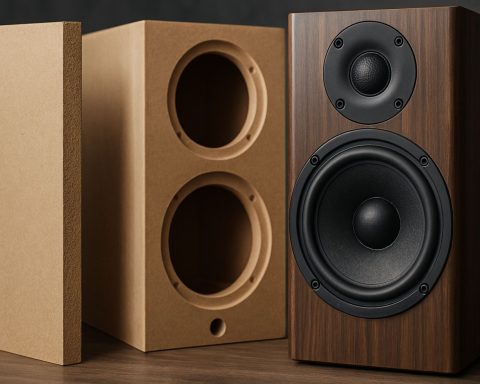- Advertisements can transcend commercial purposes, becoming cultural and generational icons.
- The power of jingles, like Lube Mobile’s “13 13 32,” showcases audio mnemonics as memorable and influential tools.
- Cottee’s Cordial ad captures nostalgic family moments, turning a simple product into a cherished childhood symbol in Australia.
- Nike’s 1998 World Cup commercial transforms a mundane setting into a celebration of football artistry, extending beyond just product promotion.
- Effective ads entertain and inspire, tapping into collective emotions and reinforcing advertising’s ability to influence memory and identity.
Advertisements hold an uncanny power, weaving themselves into the fabric of daily life with a subtly potent influence. These crafted messages can linger in the minds of generations, becoming cultural touchstones and cherished memories. Across the globe, some ads have transcended their commercial purpose to become unforgettable icons, shaping not just consumer behavior, but part of our identity and heritage.
Picture a catchy jingle, its melody effortlessly wrapping itself around your subconscious, surfacing when you least expect it. For many Australians, that jingle is “13 13 32,” the telephone number immortalized by Lube Mobile’s ad, which, despite not needing the service, left a resonant echo in the minds of countless individuals for almost three decades. Such is the power of this audio mnemonic device—simple yet striking, ensuring that a mere series of numbers becomes as unforgettable as your favorite song.
Similarly, for those who grew up in Australia during the 90s, Cottee’s Cordial commercial with its infectious refrain “My Dad picks the fruit” was an anthem of childhood, capturing the essence of joyful family moments. It wasn’t merely about the sugary delight of cordial; it was a snapshot of a simpler time, promising treats for good behavior—a ritual stitched into the tapestry of many Australian childhoods. The advertisements’ charm lay not only in their melody but in their ability to evoke everyday magic—a reflection of how cordial was not just a beverage but an emblem of shared memories.
On the global stage, Nike’s World Cup 1998 commercial activates a different kind of yearning. Set in an airport but far removed from mundane travel, it transforms an ordinary setting into a vibrant playground for the Brazilian soccer team. Ronaldo and his teammates danced through terminals with their dazzling footwork, backed by a rhythmic samba beat, delivering not just an ad but a spectacle of fantasy and skill. This ad wasn’t just about selling sneakers; it was a captivating narrative celebrating the artistry and spirit of football. Each viewing beckoned audiences, urging them to lace up their boots and join the game, propelled by the intoxicating blend of athleticism and spontaneity.
These advertisements succeed through their dual capacity to entertain and inspire. They do not merely highlight a product but tap into collective aspirations and emotions, etching themselves into personal and public memory alike. Ultimately, they remind us of advertising’s potential to transcend commercial intent, encouraging us to cherish the past while also dream about what lies ahead.
The Secret Power of Iconic Advertisements: How They Shape Our Memories and Culture
—
The Lasting Influence of Iconic Advertisements
Advertisements wield an undeniable power, not just in selling products but in shaping cultural landscapes and personal memories. From Australia’s memorable jingles to global spectacles like Nike’s World Cup ads, these messages transcend their original commercial intent to touch deeper emotions and aspirations.
—
How Iconic Ads Resonate with Viewers
1. Audio Mnemonics: Catchy jingles, like Australia’s “13 13 32” from Lube Mobile, demonstrate how simple audio elements can make information unforgettable. Such mnemonic devices are invaluable tools in crafting memorable advertisements.
2. Nostalgia and Emotion: Cottee’s Cordial evokes nostalgia by capturing childhood moments tied to family and happiness. Ads leveraging sentimental themes effectively engage audiences on a personal level.
3. Spectacle and Imagination: Nike’s 1998 World Cup commercial elevates the ordinary to the extraordinary, transforming a simple airport scene into a dynamic playground. This narrative-driven approach uses spectacle to captivate and inspire viewers.
—
Real-World Use Cases and Industry Trends
Use Cases:
– Brand Recall: Creating memorable ads leads to improved brand recall, as demonstrated by jingles or repeated captivating imagery.
– Brand Identity: Ads like Nike’s reflect brand values of creativity and athleticism, supporting a cohesive brand identity.
Industry Trends:
– Personalization in Advertising: Increasingly, ads are tailored to individual preferences, leveraging data analytics to create meaningful connections.
– Interactive Advertising: Technologies like AR/VR are enhancing engagement, turning ads into interactive experiences.
—
Pros & Cons Overview
Pros:
– Emotional Engagement: Ads that tell a story or evoke emotion connect deeply with audiences.
– Cultural Impact: Iconic ads become part of cultural dialogue, influencing more than just buying behavior.
Cons:
– Oversaturation: With high ad volumes, it is challenging for any ad to stand out.
– Cultural Sensitivity: Global ads must navigate various cultural contexts, avoiding potential misinterpretations.
—
Actionable Recommendations for Advertisers
1. Leverage Emotions: Craft narratives that resonate emotionally, tapping into collective and personal memories.
2. Use Audio and Visual Hooks: Employ catchy music or visuals that can become cultural touchstones.
3. Embrace Cultural Diversity: Ensure that ads respect and reflect the diversity of global audiences.
4. Explore Emerging Technologies: Incorporate modern tech like AR/VR to create immersive ad experiences.
—
For more insights on branding and advertising strategies, explore Nike or check out innovative advertising approaches from Google, where creativity meets technology.











